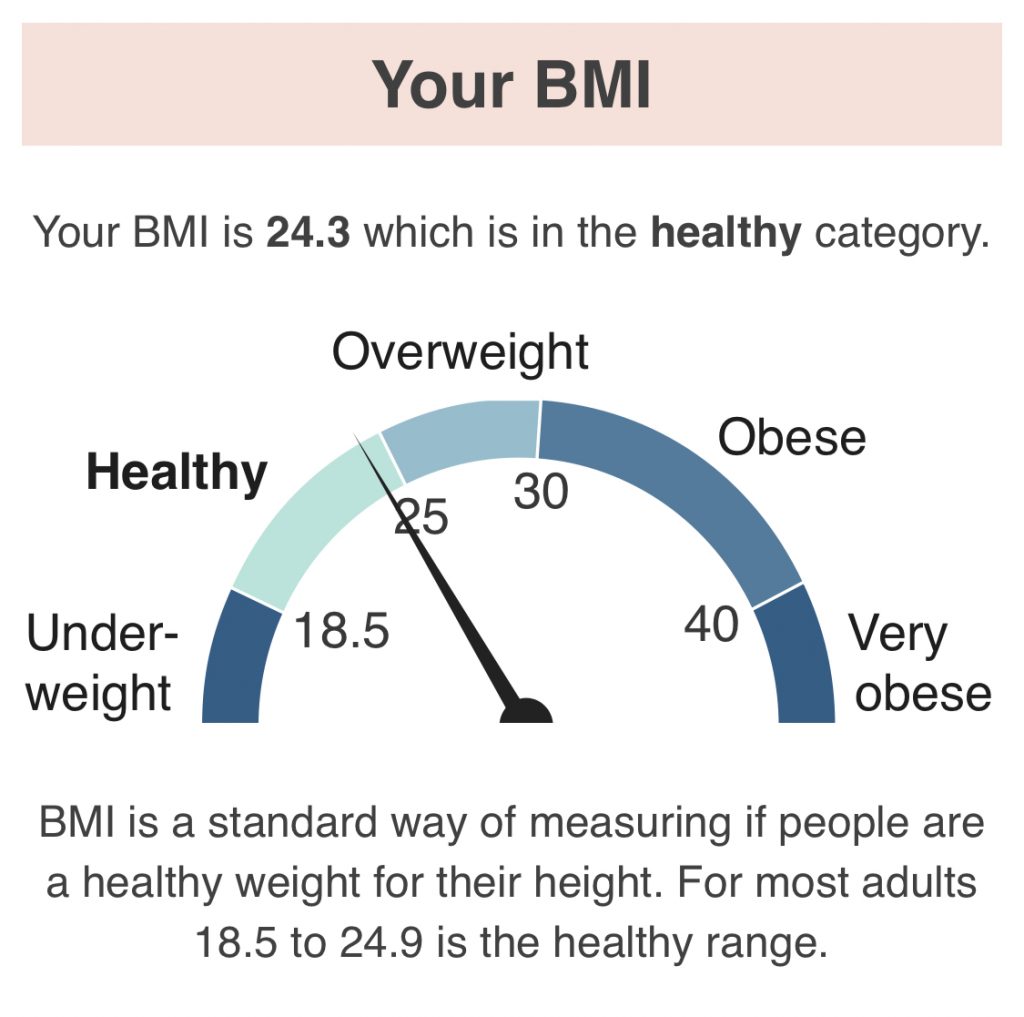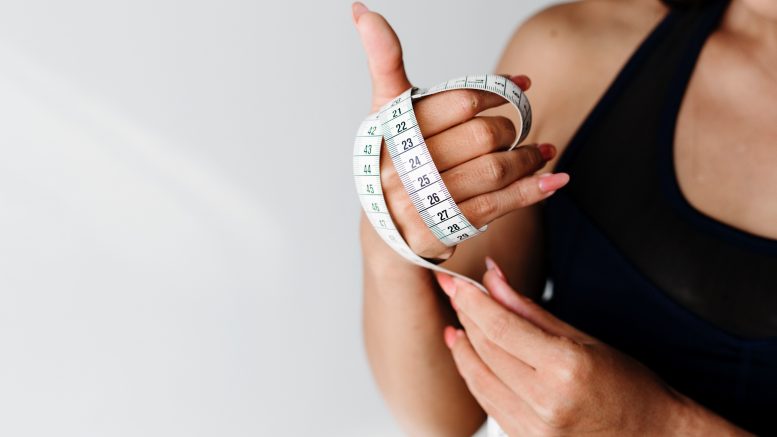Photo by rawpixel on Unsplash
A recent BBC article has caused a stir of debate around the effects of weight on life expectancy.
The research showed that an unhealthy Body Mass Index (BMI) can cost you at least four years of life. To measure BMI, BBC included a calculator, which according to Paige Harris, 25 puts pressure on some people. She told to Voice of London:
“I’m trying to help women with their self-esteem and eating disorders. When I saw this article in the news, I was very disappointed. I know how it is difficult for people, especially for girls, to deal with their mental health problems and they don’t need this ridiculous pressure from media platforms.”
To check BMI, online calculators ask for a person’s height, weight, age, sex and waist size. After filling in the required information it generates a result.
Lydia Taylor, 34, said to Voice of London: “I wear 12 UK cloth size. From my point of view, I have a standard body shape, especially for my age. The test showed that I’m nearly overweight. To be really honest, I am very upset.”

Screenshot of Lydia Taylor’s BMI Results from BBC news
The main question raised was how accurate the calculator is. When measuring the BMI it is essential to check the body type of the person first, because it is the most important factor.
For this, you need to measure a wrist size or elbow breadth. Without this factor, the accuracy of the BMI is controversial as all people have different body types and bone structures.
The media has a significant influence on people’s life. It can cause depression and mental health problems. That is why the UK’s leading eating disorder charity Beat calls for support: “People with eating disorders are mostly so ashamed and disgusted with themselves, their lives are ruled by intense fear and dread, and their self-esteem is so low that they often do not feel they deserve to live, much less get treatment to recover.”
Most of the time media platforms forget how it is vital to be cautious and Beat reminds about the importance of it. “It is their need to be understood, taken seriously and not judged harshly by others that can sometimes drive them to seek refuge and support in the desperately dangerous pro-anorexia and pro-bulimia websites that prey on their insecurities and further trap them in the illness.”
Words: Victoria Naumova | Subbing: Lucija Duzel

